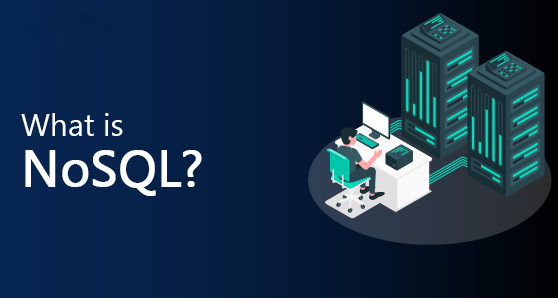Introduction to NoSQL

What is NoSQL?
'NoSQL' database typically refers to the non-relational database. Most people say that 'NoSQL' stands for 'non SQL' and someone says that its stands 'not only SQL'. In NoSQL databases, data store in a format other than relational tables. Most people think that NoSQL databases don't store relationship data. Remember NoSQL databases can store relational data, but the way they store data is in a different way. In fact, storing data in a NoSQL database is easier than an SQL database because the related data doesn't have to be split between tables.
Within a single data structure, NoSQL data models allow data to be nested.
After the introduction of the NoSQL databases, the cost of the storage rapidly decreased. The reason to introduce the NoSQL database is needed to reduce the data duplication and for complex, difficult-to-manage data models in a simple way. After the costs of storage decreased, the application needed to store data and query increased.
The store in all shapes sizes like structured, semistructured, and polymorphic. Because of this shapes and sizes schema in advance became nearly impossible.
NoSQL databases allow a lot of flexibility to developers to store a huge number of unstructured data.
SWOT Analysis for NoSQL
Strengths
- Flexibility
- Security
- High Availability
- Freedom to choose
- Scalability
Weakness
- Lost updates
- There is no Normalization
- No unions or joins
- Porting the applications
Opportunities
- Data-Intensive applications
- Investments are huge
Threats
- Among the users, there is fear, uncertainty, and doubt
- FOSS business model
NoSQL and MongoDB
MongoDB is a document-oriented NoSQL database used for high-volume data storage. MongoDB makes use of collections and documents instead of traditional databases. Basic unities in data in MongoDB are documents consist of key-value pairs. Like in the relational database MongoDB has a collection contain a set of documents and functions.
Why use MongoDB?
- Document-oriented
- MongoDB supports search by field, range queries, and regular expression searches.
- Indexing
- Load balancing
- Replication




Comments
Post a Comment